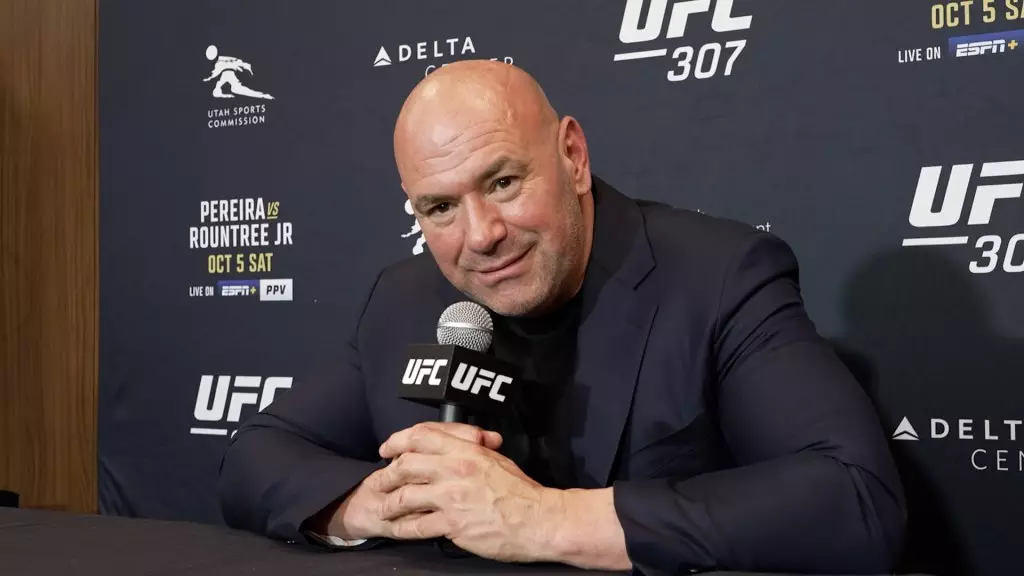After UFC 307 in Salt Lake City, the conversation surrounding the event was dominated by discussions about judging and officiating standards. Prominent figures in the mixed martial arts community, including UFC president Dana White, expressed their dissatisfaction with several scorecards that were issued during the evening. Notably, White described the judging as “atrocious,” drawing a visceral analogy to boxing in Ireland, a remark underscoring the intensity of his critique.
One of the most pressing issues after the event was the validity of the judges’ scores. Fans and fighters alike expressed confusion over the decisions made, prompting a broader examination of how fights are scored in mixed martial arts. White’s candid frustration reflects a growing concern over the consistency of judging, which can heavily influence the careers and reputations of fighters. Effective judging is crucial to the sport; without it, credibility may be undermined, leading to eroded fan trust and engagement.
In addition to judging, the issue of officiating also raised significant concerns during UFC 307. White highlighted the absence of local referee Dave Seljestad, whose controversial calls in previous events had drawn attention. However, it was the performance of referees during the bout between Cesar Almeida and Ihor Potieria that specifically caught the UFC officials’ ire. These regulatory discussions signal a crucial conversation about how to maintain fighter safety while facilitating fair competition.
Reactions on social media further emphasized the divide on opinions surrounding the officiating protocols when fighters become overly passive. Legendary fighters like Conor McGregor chimed in, suggesting the implementation of a clock to limit inactivity. Such measures could help avoid frustrating scenarios where one fighter seemingly stalls to avoid an engaging outcome, a tactic that fans find detracts from the sport’s overall excitement and meaning.
White, while recognizing the need for adaptation, dismissed the necessity for a clock, instead advocating for more active refereeing. He argued that referees have an important role in ensuring that the bout remains dynamic, and that they should be vigilant against fighters who appear to stall for strategic advantage. The conversation reflects a pivotal moment in the sport’s evolution, where the need to balance combat efficacy with entertaining action is paramount.
In sum, the aftermath of UFC 307 has sparked an essential dialogue about transparency in judging, the active role of referees, and the overall regulatory framework governing mixed martial arts. The feedback from both White and notable fighters illustrates a shared goal: enhancing the integrity of the sport while prioritizing fighter safety and performance quality. As the MMA landscape continues to develop, it remains critical for stakeholders to address these issues actively and collaboratively to foster a more fair and engaging experience for all.

